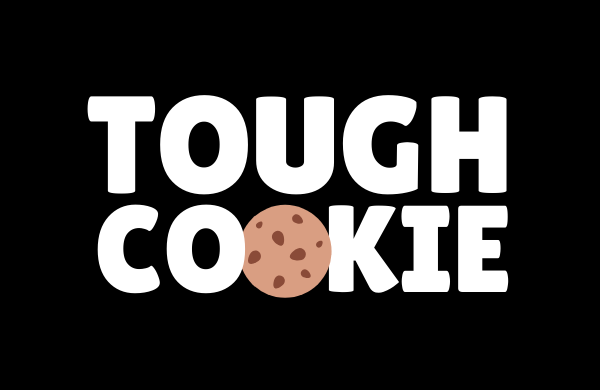
Before I go in on third-party cookies, let’s step back and revise what a cookie is.
Cookies allow websites to personalise the content you see, track your behaviour onsite and remember things like products in your basket even if you close your browser. They have a bad rep but they’re extremely useful.
Third-party cookies have an even worse reputation. These are from domains other than the one you’re visiting, which mean you can be tracked across different websites, mostly for advertising. They also enable websites to personalise third-party tools for services like web chat.
This second kind of cookie is what Google has in its crosshairs.
Google will stop supporting third-party cookies
Google has announced that it will phase out support for third-party cookies within two years. Ironically, considering the data Google holds on all of us, this move is part of its push for user privacy.
What that means for online marketing
Without third-party cookies, we can’t accurately track how many sales we’re getting from social advertising. Without third-party cookies, we can’t retarget visitors with display advertising on other sites they visit. Without third-party cookies…we’re going to have to rethink our digital marketing strategies.
It’s actually quite laughable how dependent we’ve become on third-party cookies. So much of online marketing is about being obsessed with tracking and analysing. The impact cannot be overstated – we’re looking at a seismic shift in digital.
What it means for tracking our own websites
Well, of COURSE this doesn’t affect Google Analytics; GA uses first-party cookies to give us aggregated user stats. However, I personally think that the fuss about third-party cookies is bringing even more attention onto tracking in general, and it’s getting harder to encourage visitors to accept any kind of cookies.
If a user doesn’t accept cookies at all, they’re invisible to us.
Activities that will be affected by ditching third-party cookies
1. Social buttons
Many of us use social sharing buttons on our websites, particularly on content. These use third-party cookies, so will be unsupported.
2. Live chat
You’ll still be able to use a third-party for your chat service but it won’t be as intelligent without third-party cookies.
Third-party cookies let your chat tool remember a user, so their name and chat history is available if they revisit the website within a certain period.
That’s one way in which the user loses out on a useful feature.
3. Retargeting
As I mentioned earlier, retargeting depends on third-party cookies. We will no longer be able to advertise to our visitors in other places around the web.
How different browsers are approaching third-party cookies
- Safari – provides third-party cookie blocking (Apple also blocks third-party cookies in iOS 11 by default)
- Firefox – blocks third-party cookies by default but allows users to disable the feature
- Edge – provides third-party cookie blocking
- Chrome – provides third-party cookie blocking and now vows to decouple them entirely by 2022
Without third-party cookies, we have to change our way of thinking
Something I’ve been thinking about a lot recently is a return to traditional marketing. The proliferation of data in advertising has made us suspicious of instinct; creativity is therefore lacking in so much of what the marketing industry produces.
We so often fail to ask or think about real humans because we have numbers instead. The obsession with maximising ROI based on data has led to a homogenised digital landscape, where everyone is doing the same thing.
If we’re to gradually lose this data because, finally, big businesses are prioritising user privacy, I’m hopeful that we’ll be left no choice but to – gasp – return to creative marketing and brand building.





